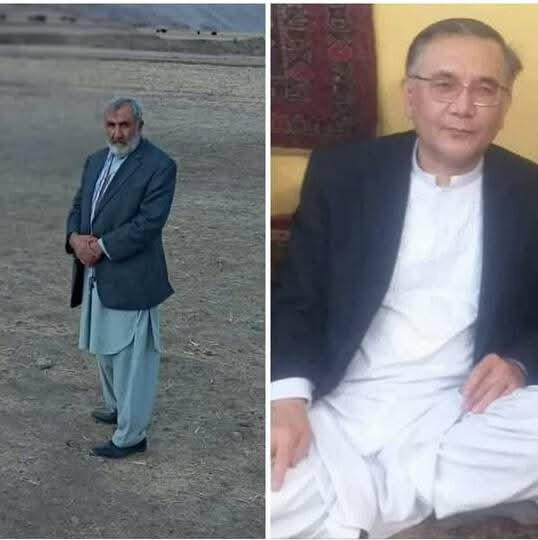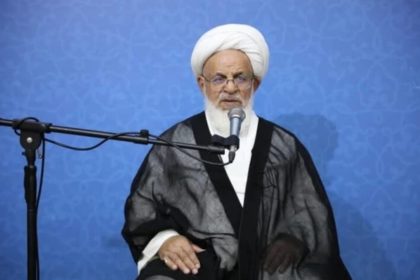RASC News Agency: Reliable sources from Badakhshan province have informed RASC News Agency that two years ago, an internal coup led to the assassination of Amir Baig Amiri and Daulat Mohammad Shirdel, the heads of the Aga Khan Council. According to the sources, they were thrown into the Amu River in the Darwaz region of Badakhshan by Abdul Hadi Alizadeh, the current head of the Aga Khan Council in Afghanistan, and Mirza Quli Paiman, the current head of the council in Badakhshan province. To this day, their bodies remain missing. Sources assert that the primary motive behind this assassination was a power struggle among certain senior figures within the Aga Khan Foundation and key individuals within the Aga Khan Council in Badakhshan. Credible accounts indicate that the operation was executed by infiltrators working under the direction of Alizadeh, who was then serving as the deputy head of the Aga Khan Council in Afghanistan. Following the incident, Alizadeh swiftly assumed leadership of the council, a position he continues to hold.
Investigative findings suggest that Alizadeh orchestrated the assassination by leveraging financial resources and an extensive network of operatives within the Darwaz region, enabling him to consolidate power. Reliable sources also reference Talibuddin Qadri, the former deputy head of the Aga Khan Council in Badakhshan. Despite his seniority, Qadri did not ascend to leadership, as he had no involvement in the coup. Instead, Mirza Quli Paiman, a close ally of Alizadeh, was appointed as the head of the Aga Khan Council in Badakhshan. Furthermore, sources describe Paiman as a former district governor of Shughnan and a highly influential figure in the Darwaz region, possessing vast financial resources and significant leverage over the Ismaili community in Badakhshan. In pursuit of further clarity, a RASC News Agency journalist contacted officials at the Aga Khan office in Geneva for a statement. In response, the office referred the inquiry to Abdullah Iqbal, the Aga Khan Council’s head of media relations in Afghanistan. However, when reached for comment in Kabul, Iqbal declined to respond to the allegations.
These revelations surface amid escalating internal discord within the Aga Khan Foundation in Afghanistan. Just yesterday, 25 members of the Ismaili community in Darwaz, Badakhshan, converted to Sunni Islam. This development follows a previous statement issued by Aga Khan Council offices in Kabul, warning that certain Ismailis could face expulsion from the community. This raises a profound question: Can any religious authority expel adherents from their faith? Such a practice is neither conventional nor doctrinally accepted within Sunni and Shia traditions. According to informed sources, internal organizational and religious tensions among Afghanistani Ismailis have reached unprecedented levels. The Aga Khan Foundation’s leadership in Afghanistan is reportedly incapable of managing the growing crisis and has allegedly misled higher religious authorities by providing false narratives about the situation. Meanwhile, two years have passed since the assassination of the Aga Khan Council leaders in Darwaz, Badakhshan, and the case remains unresolved.
Sources suggest that Aga Khan Council officials particularly Alizadeh are deliberately exacerbating sectarian conflicts within the Ismaili community to divert attention from widespread financial corruption within the organization.






